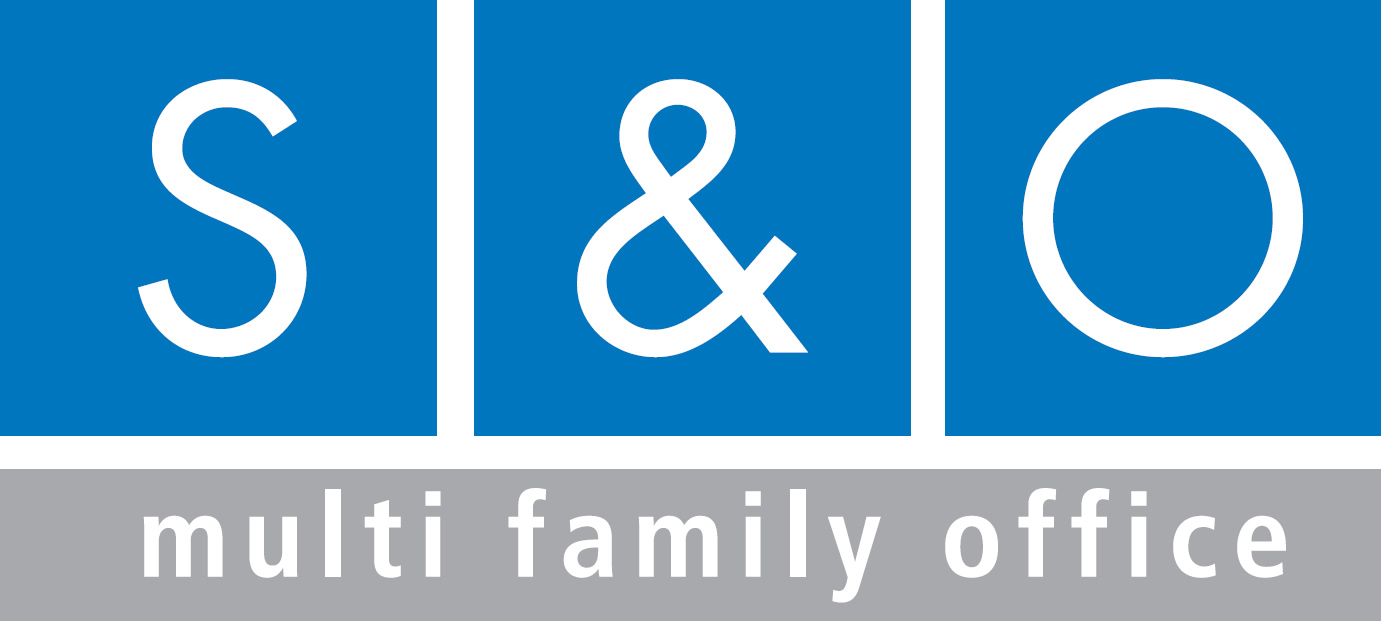Stocks retreat after US inflation surge sparks fears economy is overheating
- April rise of 4.2% on previous year
- Biggest jump since 2008
- Challenge for policymakers
JAMES POLITI — WASHINGTON ANDREW EDGECLIFFE-JOHNSON NEW YORK
US inflation rose 4.2 per cent in April over its level a year ago, a bigger jump than economists had expected, fuelling concerns that the world’s largest economy is over heating.
The higher inflation reading reflects a combination of hefty fiscal support, supply bottlenecks and increased spending as economic activity picks up following the rollout of coronavirus vaccinations. US equities dropped after the inflation report, with the S&P 500 down 1.4 per cent in afternoon trading in New York. The tech-heavy Nasdaq, whose companies are sensitive to higher inflation and interest rates, fell about 2 per cent.
A sell-off in US government bonds also accelerated, sending the yield on the benchmark 10-year bond 0.06 percentage points higher to 1.68 per cent.
The increase came as the European Commission sharply raised its economic forecasts for the coming two years, with the accelerating vaccination campaign helping the eurozone recover from the pandemic. The euro area will grow by 4.3 per cent this year and 4.4 per cent in 2022, Brussels said, compared with previous forecasts for 3.8 per cent growth in both years.
In the US, the 4.2 per cent jump in inflation is the biggest rise since 2008 and a significant leap compared with the 2.6 per cent reading in March.
The surge reflects the relatively low levels of inflation at the start of the coronavirus outbreak. It poses a challenge to US economic policymakers, both at the Federal Reserve and the Biden administration, who continue to pursue hefty monetary and fiscal stimulus to help the US recover.
The White House council of economic advisers said that the US economy was experiencing a “normalisation” of prices as it recovers from the pandemic. “There will be months that come in below or above expectations as strong demand meets recovering supply. Recovery from the pandemic will not be linear,” it said.
Richard Clarida, the Fed’s vice-chair, said he was “surprised” by the higher inflation reading, but he still expected inflation “to return to, or perhaps run somewhat above, our 2 per cent longer-run goal in 2022 and 2023”.
Some Republicans said the Biden administration had underestimated the risk of higher inflation. “It is time for the Fed to revisit its accommodative policy stance,” said Pat Toomey, the Republican senator from Pennsylvania.
Additional reporting by Sam Fleming in Brussels, and Matthew Rocco and Colby Smith in New York.
© RIPRODUZIONE RISERVATA

Articolo tratto da “Financial Time” del 13/05/2021
